The 2024 Oscar nominations were announced Tuesday morning and Oppenheimer led the day with 13 nods, including for Best Picture, Best Actor (Cillian Murphy), Best Supporting Actor (Robert Downey Jr.), and Best Supporting Actress (Emily Blunt). Poor Things and Killers of the Flower Moon followed close behind, with 11 and 10 nominations, respectively.
The U.S. declared the end of the Covid public health emergency in May (though the virus isn't going anywhere) and movie theaters have been reopened for a couple of years now. But the Barbenheimer phenomenon this summer seemed to suggest a continued hunger for the in-person big screen experience, with Barbie raking in $1.45 billion at the box office and Oppenheimer earning $954 million.
And now that a large swath of the public has seen two of the Best Picture nominees—Barbie and Oppenheimer—perhaps more people will tune in to the ceremony itself. The highest-rated Oscars, after all, were in 1998, when Titanic, seen by so many, won Best Picture.
We could be in for a historical repeat: The last time the highest-grossing film of the year won Best Picture was 20 years ago, with The Lord of the Rings: The Return of the King. Now popularity has aligned with critical acclaim again—Barbie was the top grossing movie of 2023.
Barbie’s director, Greta Gerwig, became one of three women directors with movies nominated for Best Picture, alongside Justine Triet for Anatomy of a Fall and Celine Song for Past Lives—the first time that has ever happened. Lily Gladstone also made history, becoming the first Native American to be nominated for Best Actress for her work on Killers of the Flower Moon.
According to Variety, Song became the first Asian woman nominated for Best Original Screenplay, and this year marks the first time that two openly queer actors have been nominated for playing queer characters: Jodie Foster in NYAD and Colman Domingo in Rustin.
This year’s award show will take place on March 10, once again hosted by comedian Jimmy Kimmel. Here are the main takeaways from the nominations.

Snub: Greta Gerwig and Margot Robbie
Greta Gerwig’s name may be abuzz—she also, it seems, became the first woman to direct three consecutive Best Picture nominees: Barbie, Little Women in 2019, and Ladybird in 2017—but she was passed over for a Best Director nomination for Barbie. And Margot Robbie, the film's effervescent lead, was passed over in the Best Actress category. (She did, however, garner a Best Picture nom as a producer on Barbie.) Barbie wasn't entirely shut out of the acting categories: America Ferrera, Barbie's human heart, was nominated for Best Supporting Actress, her first Oscar nomination after a storied career, and Ryan Gosling got a nod for Best Supporting Actor for playing Ken.
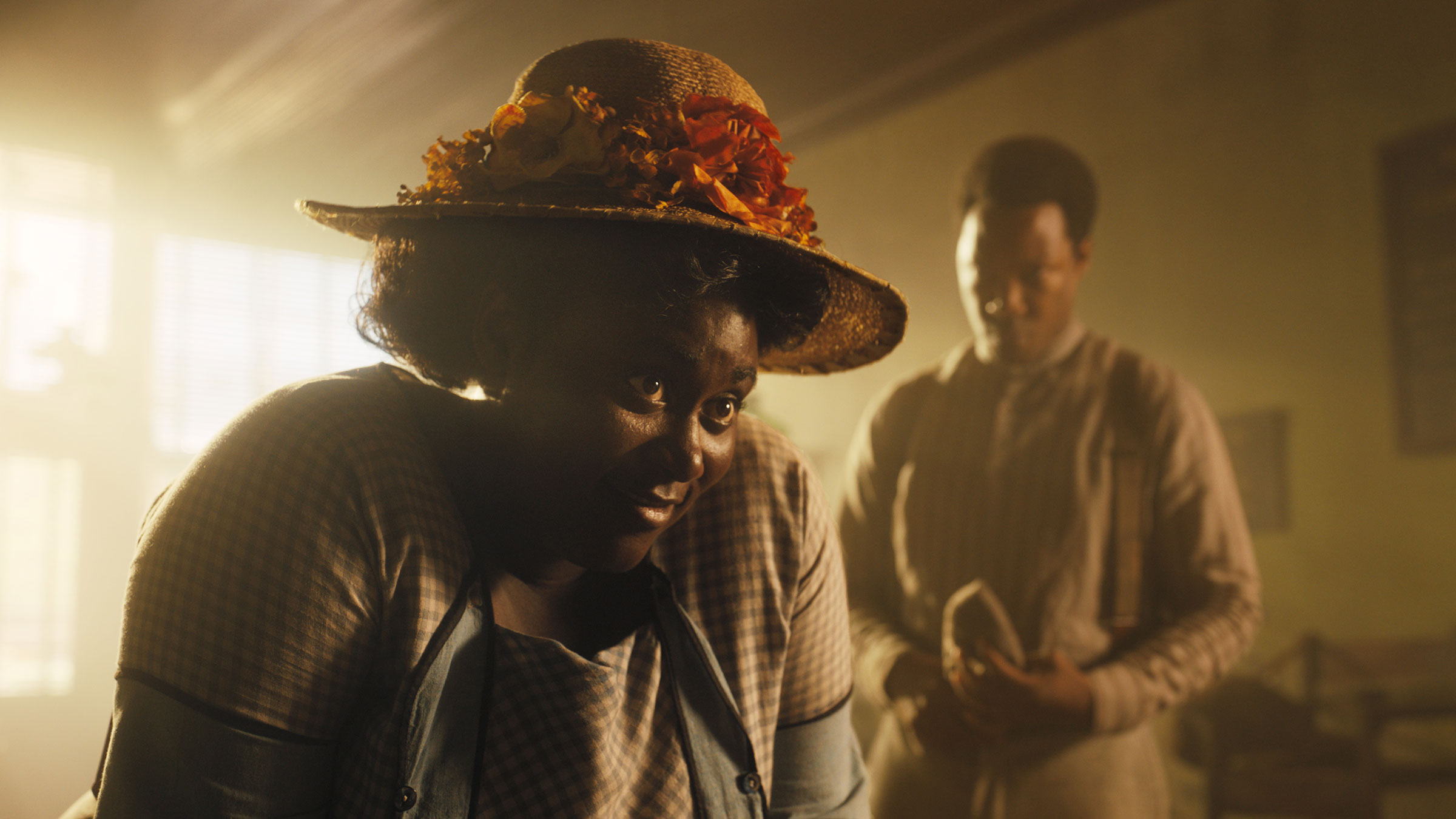
Surprise: Danielle Brooks
Danielle Brooks became a first-time Oscar nominee, for her role as Sofia in The Color Purple, the musical period drama based on the 2005 Broadway show, which in turn was based on Alice Walker’s 1982 novel by the same name. Brooks was nominated in the Best Supporting Actress category, along with Ferrera, Da'Vine Joy Randolph (The Holdovers) and Emily Blunt (Oppenheimer)—all of whom are also first-time nominees.
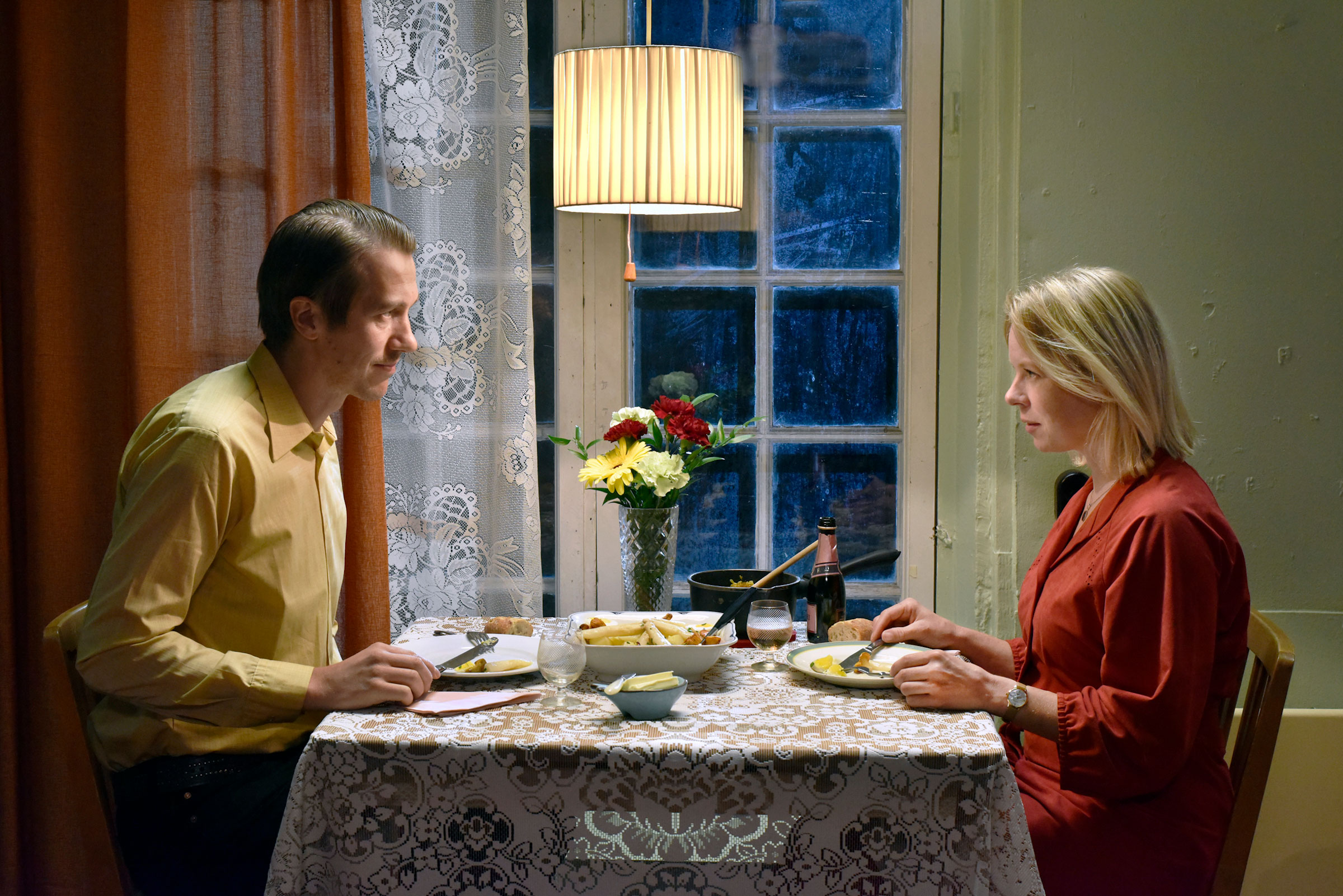
Snub: Fallen Leaves
Best International Feature Film is tricky: It’s one of 10 categories with a shortlist, announced a month or so before the pared-down nominations themselves—which means the snubs are often glaringly obvious. This year, a pocket of critical acclaim amassed around Fallen Leaves, Finland’s submission to this year’s Oscars, a bittersweet unconventional rom-com that TIME’s movie critic named as the best film of the year.
Though Fallen Leaves was left out, it was still a banner year for non-English film, picking up on a recent trend set by Roma and followed by Parasite, Minari, Triangle of Sadness, and All Quiet on the Western Front. 2024 marked the first year in which more than one movie primarily not spoken in English was nominated for Best Picture. (Anatomy of a Fall, Past Lives, and The Zone of Interest.)
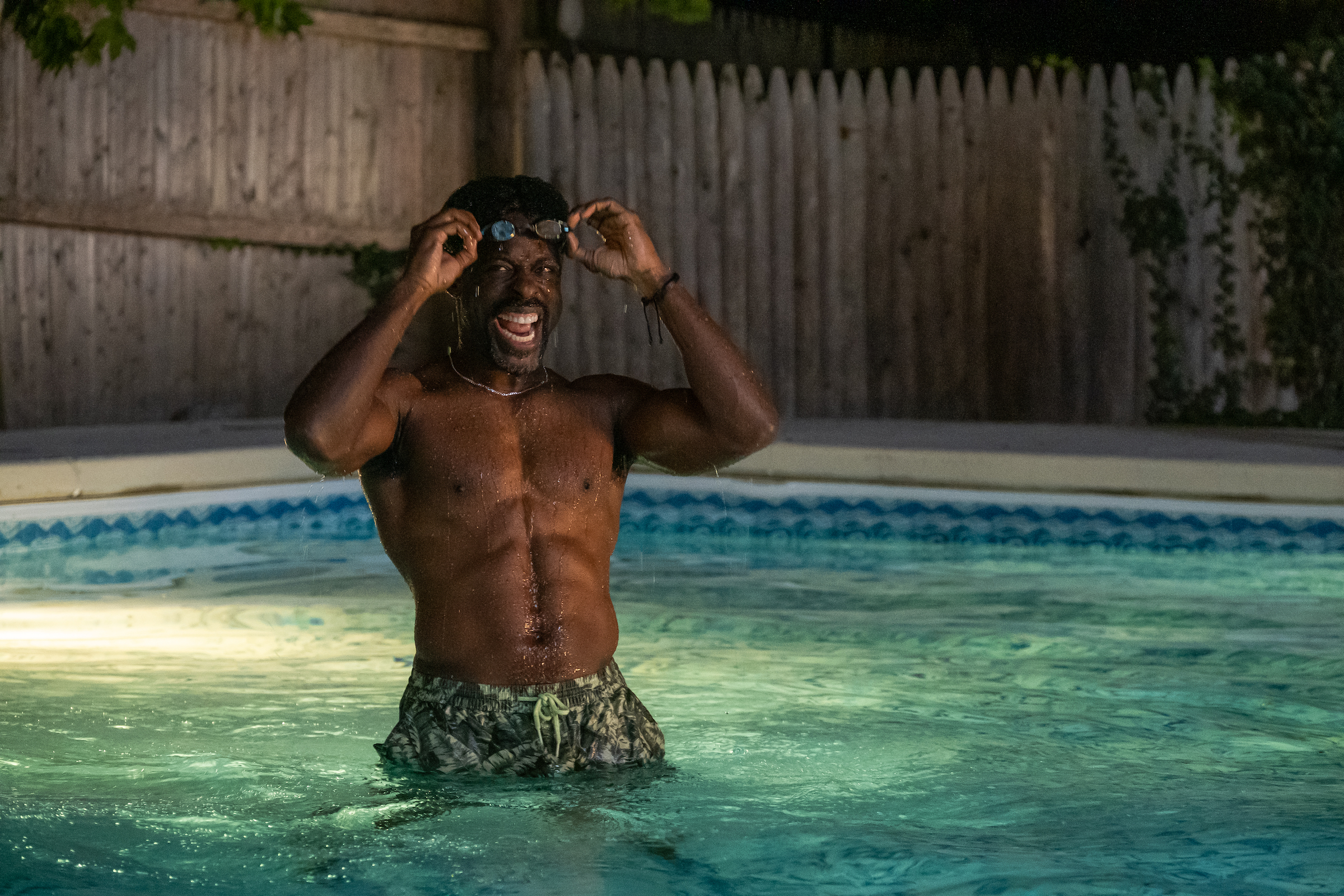
Surprise: Sterling K. Brown
Sterling K. Brown became a first-time Oscar nominee as Best Supporting Actor for his role as Clifford "Cliff" Ellison in American Fiction. The dramedy, about a frustrated author (Jeffrey Wright) who writes a caricature of a “Black” book as satire, racked up five total nominations. Wright also picked up his first Oscar nomination, making this the first time a Black lead actor was nominated alongside a supporting actor from the same film.
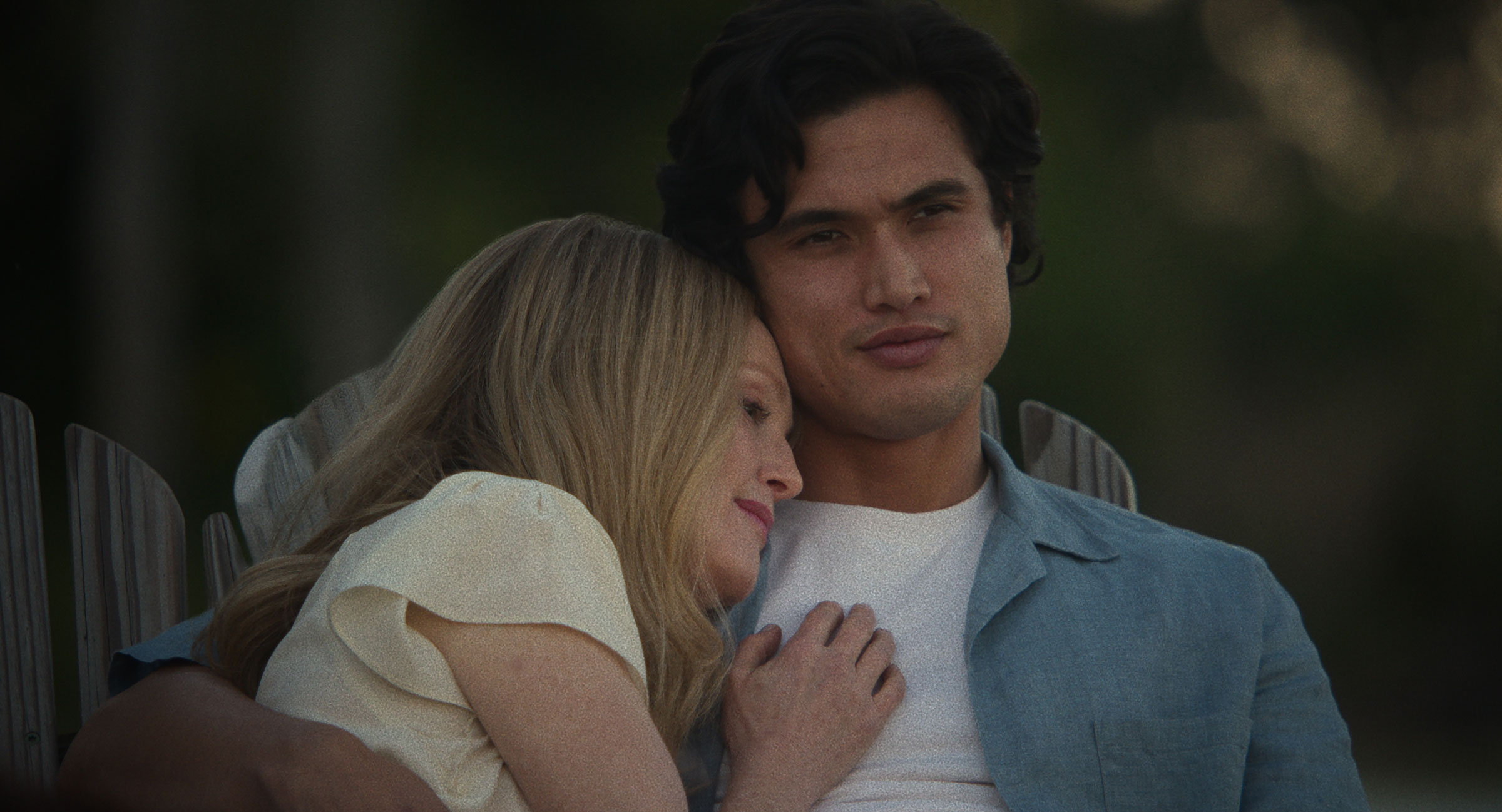
Snub: May December performers
Also in the Best Supporting Actor category, we were surprised not to see Charles Melton, whose portrayal of Joe Yoo in May December has been widely critically and popularly acclaimed. May December as a whole, in fact, was absent from the nominations on Tuesday, only recognized for Best Original Screenplay. Neither lead actress, Julianne Moore or Natalie Portman, nor director Todd Haynes, were recognized.
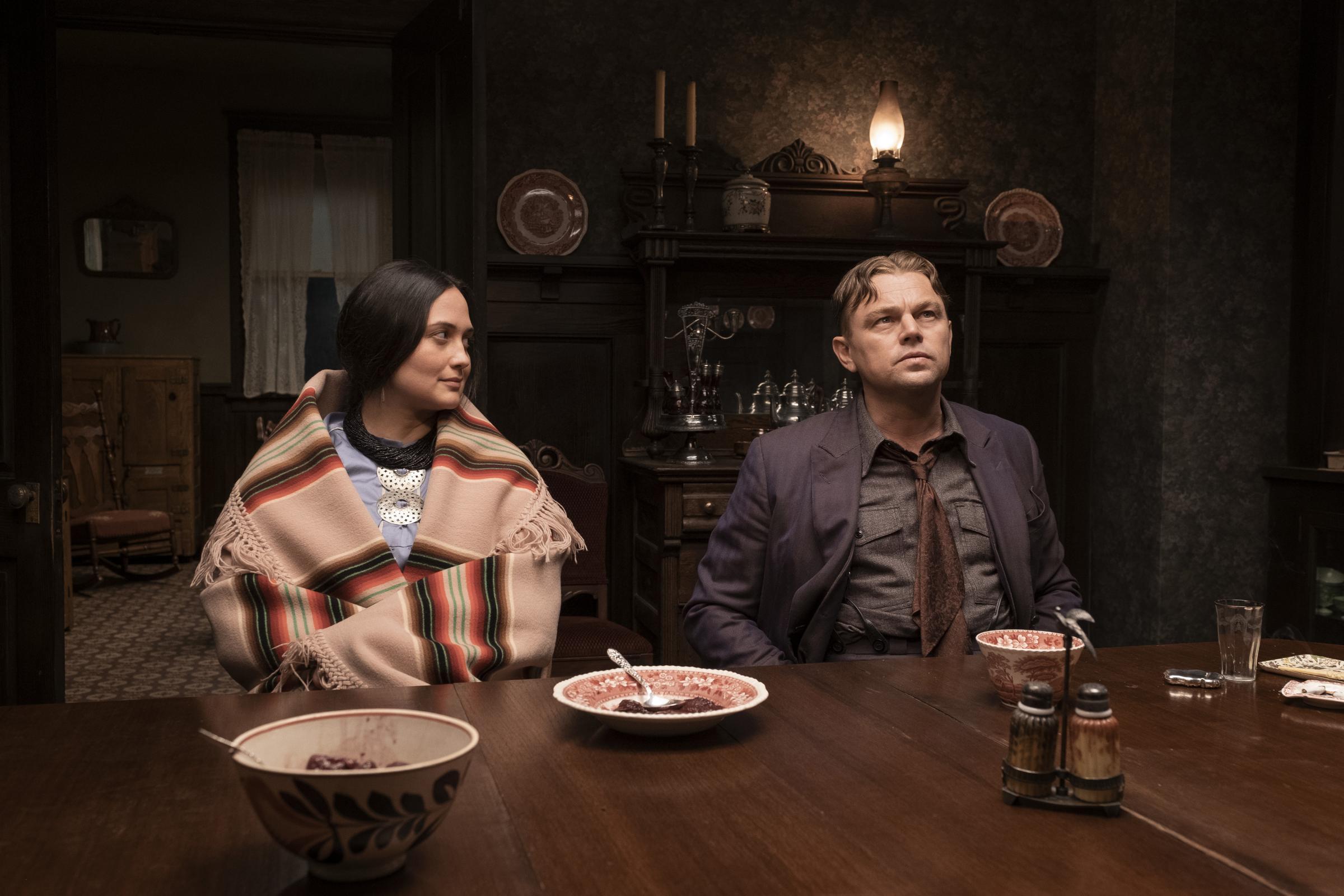
Snub: Leonardo DiCaprio
Leonardo DiCaprio was left out of the Best Actor category, and didn't pick up a nomination for his role as World War I veteran Ernest Burkhart in Killers of the Flower Moon. The Western crime drama, about the Osage Indian murders during the early 1900s, did earn 10 other nominations, however, including for Best Picture, Best Supporting Actor (Robert De Niro), Best Actress (Lily Gladstone), and Best Director (Martin Scorsese). That means that Scorsese has now overtaken Steven Spielberg as the most Oscar-nominated director, with 10 nominations in all.
More Must-Reads from TIME
- Why Trump’s Message Worked on Latino Men
- What Trump’s Win Could Mean for Housing
- The 100 Must-Read Books of 2024
- Sleep Doctors Share the 1 Tip That’s Changed Their Lives
- Column: Let’s Bring Back Romance
- What It’s Like to Have Long COVID As a Kid
- FX’s Say Nothing Is the Must-Watch Political Thriller of 2024
- Merle Bombardieri Is Helping People Make the Baby Decision
Contact us at letters@time.com